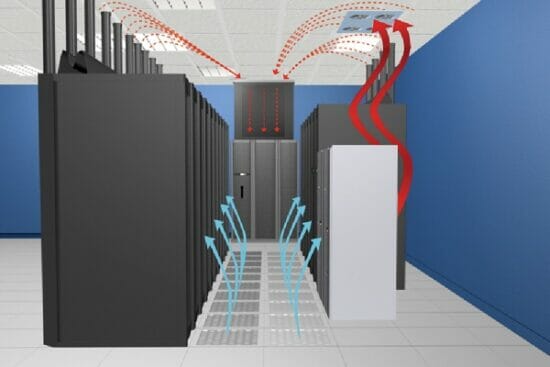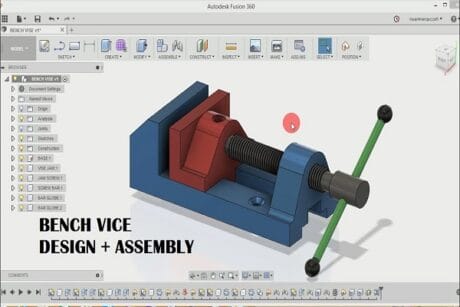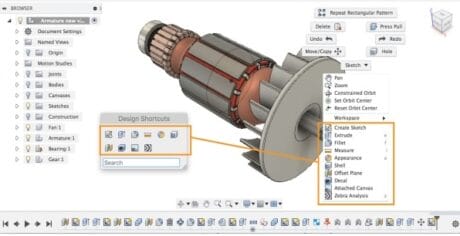No products in the cart.
- Course No E – 1789
- PDH Units: 5
Course No E - 1789
PDH Units: 5
- Course No E – 1789
- PDH Units: 5
Course No E - 1789
PDH Units: 5
Intended Audience: mechanical engineers, electrical engineers, HVAC consultants and engineers, architects, O & M professionals, facility managers, estimators and general audience.
PDH UNITS: 5
The basic physics of a data center is that electricity is converted to heat. Equipment in the data center expends power, generating heat, requiring air conditioning and ventilation equipment to keep them cool and running well. If the temperature rises too high, equipment will begin to malfunction or become damaged; as the internal components begin to swell and pull away from each other (or simply burn-up). The cooling system is also required to adjust the humidity of the air and to remove particles. Depending upon the climate at a data center’s location, moisture may need to be added or removed. Similarly, the types and amount of particles to be removed from the air are determined by the location and external events. Data center cooling is a highly specialized area that uses precision cooling equipment that differs from the conventional comfort equipment. The combination of heat and the high sensitivity of electronic components in data center environments demand maximum availability and performance of the cooling equipment. Precision cooling systems have been designed specifically for this purpose. This 5-hr course presents a detailed discussion on the key concepts and practices relating to data cooling technology, air flow practices that improve conditions for IT equipment and reduce overall HVAC energy consumption.
Learning Objectives
Upon completion of the course, the student should understand:- Understand the data center space planning and utilities requirements based on current and future needs;
- Describe the various cooling options and how to apply them effectively;
- Understand the fundamentals of heat gain, temperature and humidity requirements, pressurization and filtration as applicable to data centers;
- Understand the difference between comfort versus precision cooling;
- Understand the raised floor and overhead air distribution schemes for data center cooling;
- Understand how airflow is managed in the data center to prevent hot air/cool air mixing and the ways to improve this with containment;
- Understand environmental implications, design and system pitfalls as well as energy efficiency optimization;
- Identify the key elements of data center cooling systems including CRAC, DX system, chilled water systems, evaporative condensers etc.;
- Explain the implications of equipment placement, installation and decommissioning on cooling and energy efficiency;
- Discuss free cooling and how it may be applied in various data center scenarios;
- Learn the HVAC best practices and how they apply to the specific site and improve energy efficiency;
- Learn the benchmark energy efficiency figures for ideal data center.
Once completed, your order and certificate of completion will be available in your profile when you’re logged in to the site.








